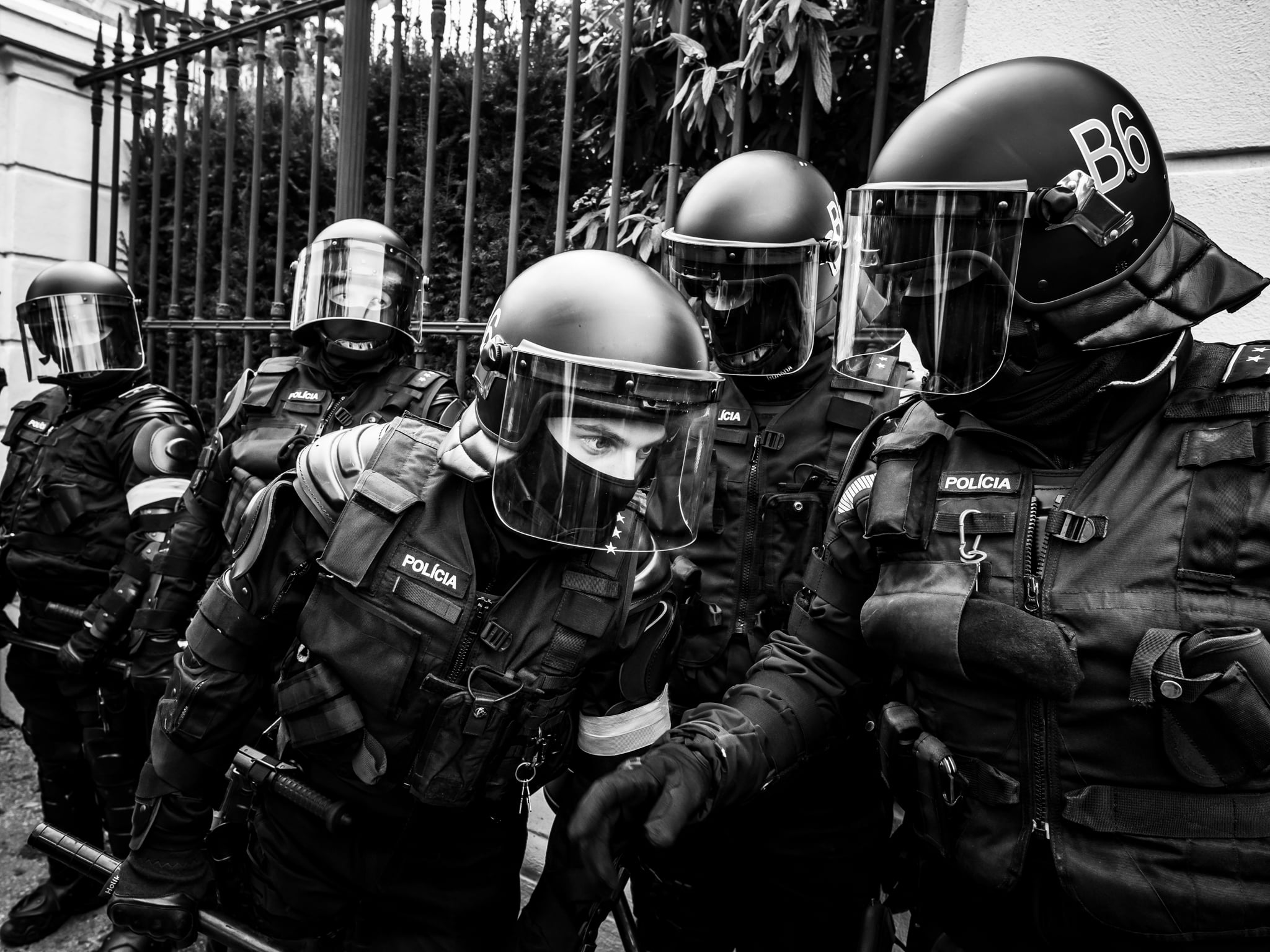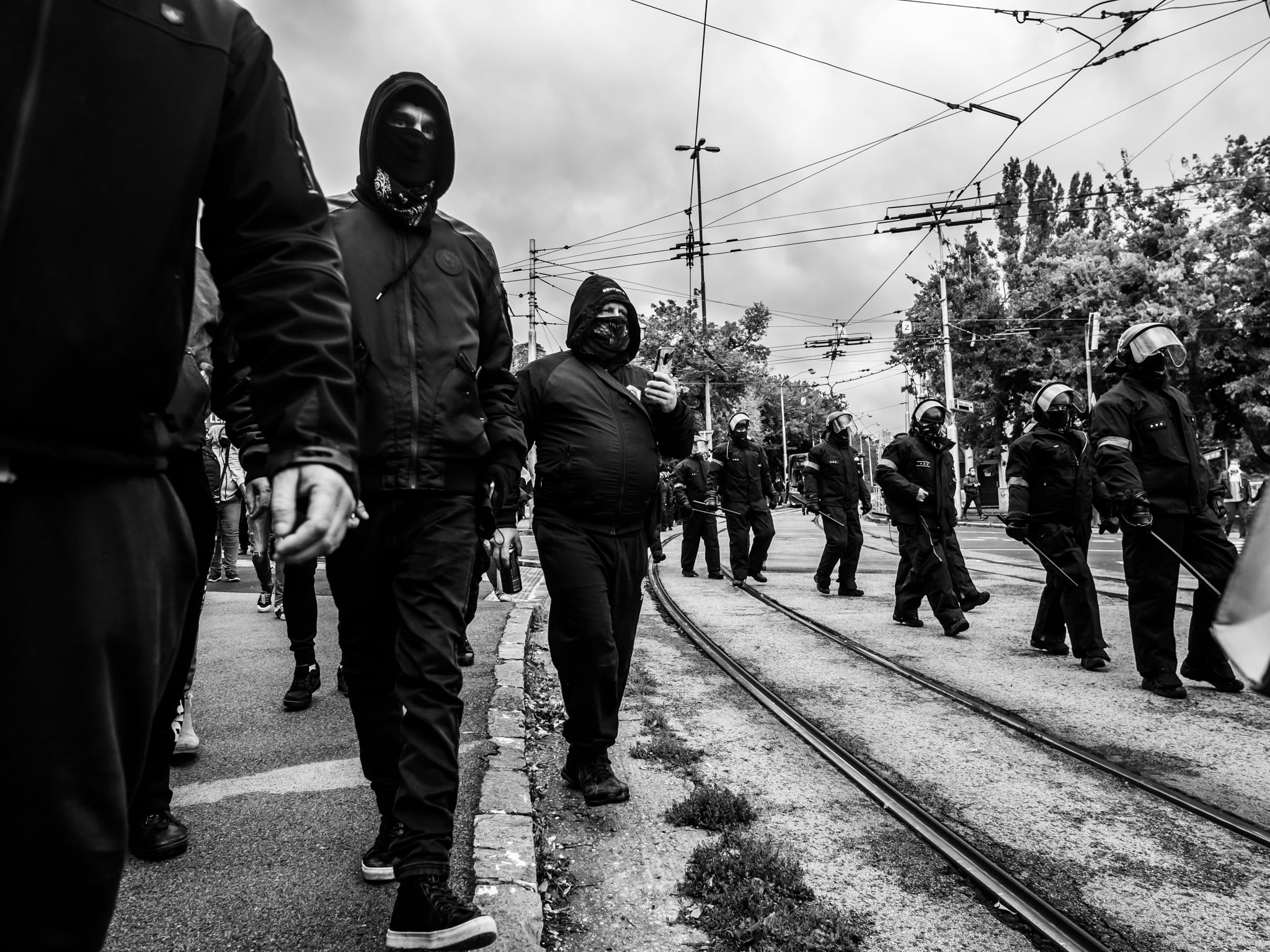Výsluch dieťaťa v trestnom konaní
Interrogation of a child in criminal proceedings
Anotácia: V článku venujeme pozornosť téme: Výsluch dieťaťa v trestnom konaní a to z pohľadu právnej úpravy platnej v Slovenskej republike a taktiež z pohľadu kriminalistickej taktiky. V článku približujeme a vysvetľujeme pojem výsluch vo všeobecnosti, a to z pohľadu práva, a aj z pohľadu kriminalistiky. Ďalej je pozornosť zameraná konkrétne na výsluch dieťaťa. Článok sa venuje štádiám výsluchu dieťaťa, dokumentovaniu výsluchu a osobám prítomným na výsluchu dieťaťa. V článku sme sa snažili poukázať na to, ako prebieha samotný výsluch dieťaťa, aké podmienky sú s tým spojené a aké nedostatky má náš systém v danej oblasti a navrhnúť riešenie, ako tieto nedostatky môžeme odstrániť.
Kľúčové slová: výsluch, dieťa, trestné konanie.
Anotation: In the article we pay attention to the topic: Interrogation of a child in criminal proceedings from the point of view of the legal regulation valid in the Slovak Republic and also from the point of view of criminalistic tactics. In the article, we approach and explain the concept of interrogation in general, both from the point of view of law and from the point of view of criminology. Furthermore, attention is focused specifically on the questioning of the child. The article deals with the stages of the child's interrogation, the documentation of the interrogation and the persons present at the child's interrogation. In the article, we tried to point out how the child's interrogation itself takes place, what conditions are connected with it and what shortcomings our system has in the given area, and to suggest a solution how we can eliminate these shortcomings.
Key words: interrogation, child, criminal proceedings.


